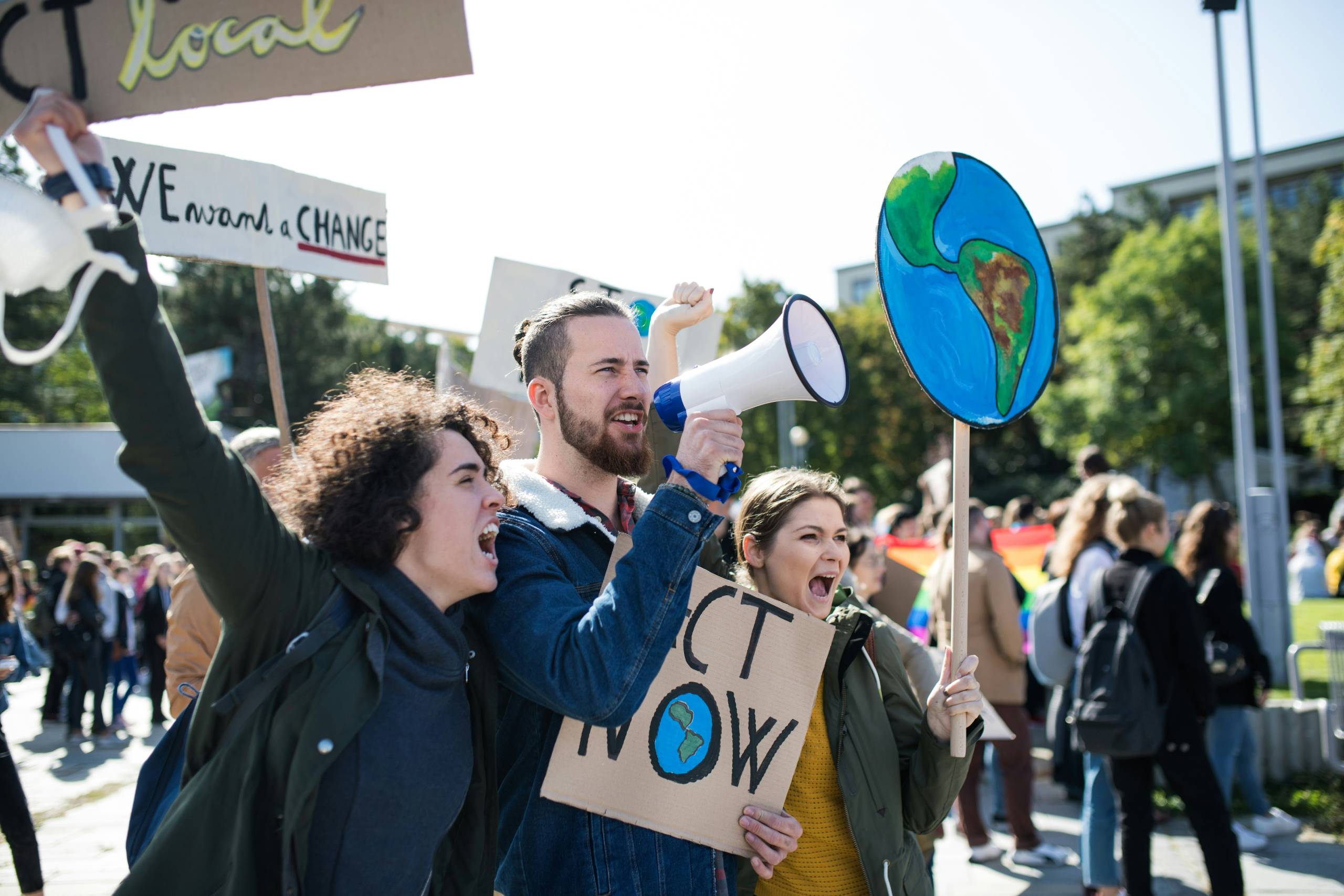
This article is included in these additional categories:
In the broader context of public opinion on climate and energy issues, the Yale Program on Climate Change Communication, in collaboration with the George Mason University Center for Climate Change Communication, has just released its latest findings from the biannual “Climate Change in the American Mind” (CCAM) survey. This comprehensive report, which includes weighted results from nearly 900 U.S. adults, delves into American beliefs, risk perceptions, policy support, and behaviors across a range of issues, including global warming, environmental protection, climate change and clean energy.
Voter Priorities for the 2024 Presidential Election
The survey highlights a significant partisan divide on the importance of climate change in the 2024 presidential election. For most Democrats, global warming and environmental protection rank among the top five issues for liberal members and within the top ten for moderate or conservative members. Despite this divide, there is notable bipartisan support for candidates who advocate for climate action. Across all voters surveyed, climate change consistently ranks within the middle tier of issues, indicating its significance remains noteworthy in the broader context of voter concerns for the 2024 election.
What do you think?
Your insights are crucial as we continue exploring presidential policies’ impacts on corporate sustainability goals.
Answer our quick poll and share your thoughts.
Government Priorities and Policy Support
Voters broadly agree that addressing global warming and advancing clean energy should be priorities for the President and Congress. This sentiment underscores the public’s call for governmental leadership in mitigating climate change and promoting sustainable energy solutions.
Support for Climate and Energy Policies
There is robust support for various policies to reduce carbon emissions and foster renewable energy. Voters endorse initiatives including federal support for sustainable farming practices and training programs for fossil fuel workers transitioning to the renewable energy sector. Strong support is also evidenced for incentives for purchasing energy-efficient vehicles and solar panels, regulations to classify carbon dioxide as a pollutant and comprehensive plans for transitioning to 100% clean energy by 2050.
Energy Production and Infrastructure
Voters have a nuanced perspective on energy production. While there is strong support for renewable energy initiatives on public lands, a majority also favor expanding offshore drilling for oil and natural gas, and nearly half support drilling and mining fossil fuels on U.S. public lands. This reflects a complex landscape where voters balance energy needs with environmental stewardship.
When it comes to local clean energy infrastructure, there is strong support for developing solar and wind farms and expanding electric vehicle charging stations. However, nuclear power plants receive less enthusiasm.
Advancing Climate Justice and Corporate Transparency
Significant voter support exists for climate justice initiatives, particularly those aimed at improving conditions in low-income communities and communities of color. Key support areas include creating green spaces, enhanced pollution controls, and federal funding for energy efficiency improvements in underserved areas.
Voters also advocate for increased corporate transparency regarding climate impacts, strongly backing policies requiring companies to disclose their carbon emissions and the potential financial effects of global warming on their operations.
Insights on the Inflation Reduction Act (IRA) and Economic Impacts
The Inflation Reduction Act (IRA) of 2022, which focuses on curbing inflation and investing in clean energy, enjoys substantial voter support. Many believe the IRA will benefit future generations, public health, and marginalized communities, although awareness of its specifics varies among the electorate.
Regarding the economic outlook, voters are optimistic about the potential for clean energy policies to drive economic growth and job creation. There is a consensus that the clean energy sector is poised to generate more quality jobs than the fossil fuel industry.
Responsibility and Action on Global Warming
There is a broad call for increased action from various stakeholders to address global warming. Voters believe corporations, political parties, government bodies, and individuals should do more to combat the climate crisis. Despite this, confidence in the government’s current response remains low.
Voter Engagement and Collective Action
Voters are willing to engage in various forms of climate action, from signing petitions to supporting non-violent protests against environmentally harmful activities. Many believe in the efficacy of collective action to influence government and corporate policies on climate change.
These findings provide valuable insights into the evolving landscape of American climate and energy priorities as we approach the 2024 presidential election and highlight a growing recognition among voters of the need for robust climate action and the promotion of sustainable energy solutions.
- SEO Powered Content & PR Distribution. Get Amplified Today.
- PlatoData.Network Vertical Generative Ai. Empower Yourself. Access Here.
- PlatoAiStream. Web3 Intelligence. Knowledge Amplified. Access Here.
- PlatoESG. Carbon, CleanTech, Energy, Environment, Solar, Waste Management. Access Here.
- PlatoHealth. Biotech and Clinical Trials Intelligence. Access Here.
- Source: https://www.environmentenergyleader.com/2024/06/yale-survey-shows-voters-embrace-climate-action-and-clean-energy-initiatives/
